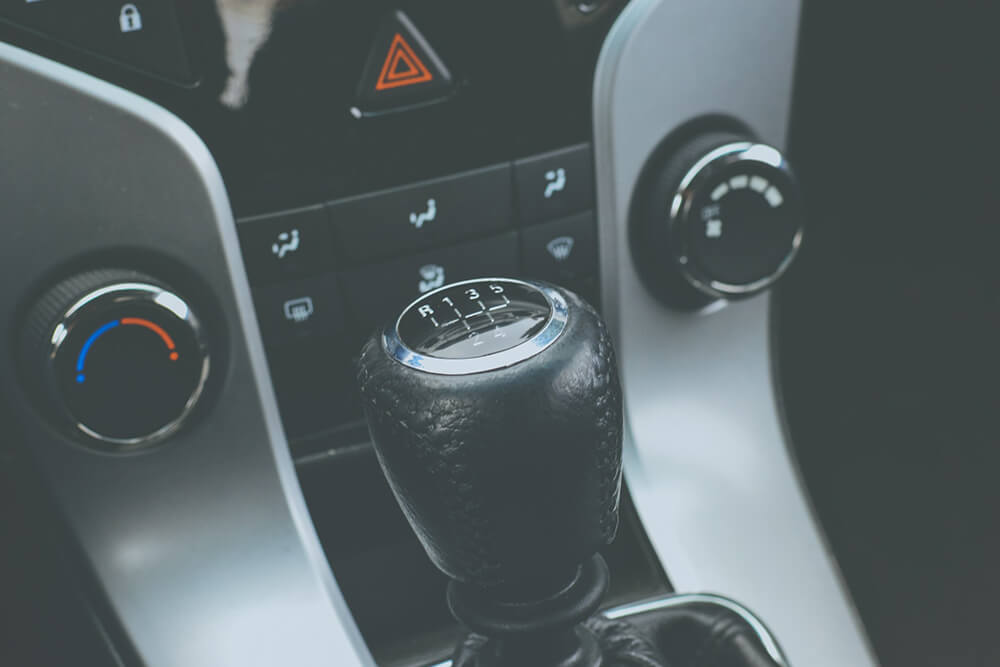
Why you should Flush out your Transmission Fluid
Your transmission’s vital parts get clogged with sludge and varnish deposits because, just like engine oil in your car’s engine, automatic transmission fluid suffers from heat, friction and electrochemical degradation. In fact, nearly nine out of ten transmission failures are due to overheating and fluid contamination.*
However, unlike oil, which can be completely drained from your car’s engine, most transmission fluid cannot be drained. Instead it stays in the torque converter, valve body and transmission lines, making a complete fluid drain impossible. Typical transmission service removes only 25% of the contaminated transmission fluid. Adding new fluid to the remaining contaminated fluid can actually cause sludge and varnish deposits to clog filters and further restrict fluid flow. This can result in a serious malfunction or even complete failure of your automatic transmission.
Now you have an option. At Doc Motor Works, our transmission fluid exchange safely removes most, if not all, contaminated fluid as well as varnish and sludge deposits. Our transmission fluid exchange cleans the transmission cooler and lines, valve body and torque converter and also removes those wear metals that slowly grind away your transmissions’ internal components. Our transmission fluid exchange thoroughly cleans your car’s transmission and protects it with fresh fluid and conditioners that revitalize the seals and o-rings. If your vehicle’s transmission is showing signs of contaminated fluid, slippage, rough or hard shifting, try this service. If its been more then 30,000 miles it’s time for a transmission fluid exchange. It may help you avoid the cost of major transmission work or even prevent the need for a new transmission.

